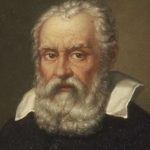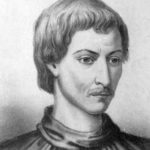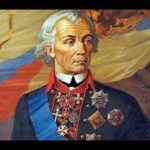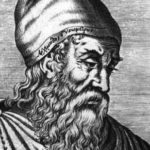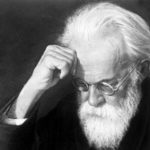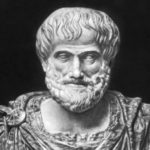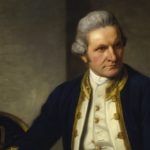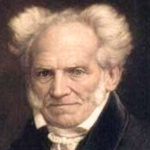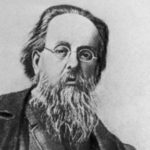Interesting facts from the life of Copernicus
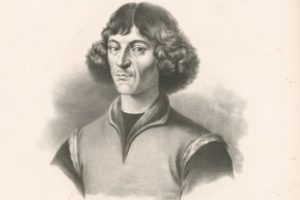 One of the greatest scientists in history was undoubtedly Nicolaus Copernicus. His lively mind and open look at familiar things gave the world global discoveries. He was persecuted for persistently upholding his scientific convictions, but he did not give up what he believed in. With this he forever inscribed himself in history, entering the lists of the most powerful minds of mankind who ever created on this earth.
One of the greatest scientists in history was undoubtedly Nicolaus Copernicus. His lively mind and open look at familiar things gave the world global discoveries. He was persecuted for persistently upholding his scientific convictions, but he did not give up what he believed in. With this he forever inscribed himself in history, entering the lists of the most powerful minds of mankind who ever created on this earth.
Contrary to popular myth, the Inquisition did not burn Nicolaus Copernicus at the stake – he died at 70 for natural reasons.
All the surviving documents for his authorship are written either in German or in Latin, despite the fact that he lived in Poland. Just the city in which he was born, moved from Prussia to Poland just a couple of years before his birth.
It was Copernicus who first developed the theory of the heliocentric system of the world. True, he never saw his work in print.
An element of the periodic table of Mendeleev opened in 2009 was named in his honor. And one asteroid also bears his name.
Throughout his life, Nicolaus Copernicus was primarily concerned with scientific activities, and not with fame or wealth, so he led a very modest life.
The work of the great scientist “On the rotation of the celestial spheres” was prohibited by the church. The Vatican allowed its open publication only a few centuries after the death of Copernicus, when it was already obvious to everyone that he was right.
Copernicus, as a doctor, took part in the fight against the plague of 1519.
In addition to astronomy, he was fond of applied science. So, Copernicus invented a machine that pumped water and supplied it to her at home, and contributed to the development of a new monetary system of his native country.
During the war between Poland and the Teutonic Order, a scientist twice personally took part in battles on the side of the defending Poles.
Nicolaus Copernicus was the first person to translate the chronicles from ancient Greek into Polish.
He believed that the planets revolve around the sun in uniform circular orbits. A few decades after his death, the famous astronomer Johann Kepler proved that the orbits of the planets resemble an ellipse, and not a circle.
The scientist observed celibacy – a vow of celibacy, but, according to some information, he broke it. However, he was never married, and left no descendants after sowing.
In Poland, in many cities you can see the monuments to Nikolai Copernicus.
The burial site of Copernicus was found only in 2008 thanks to DNA tests. He is buried in one of the Polish cathedrals.
